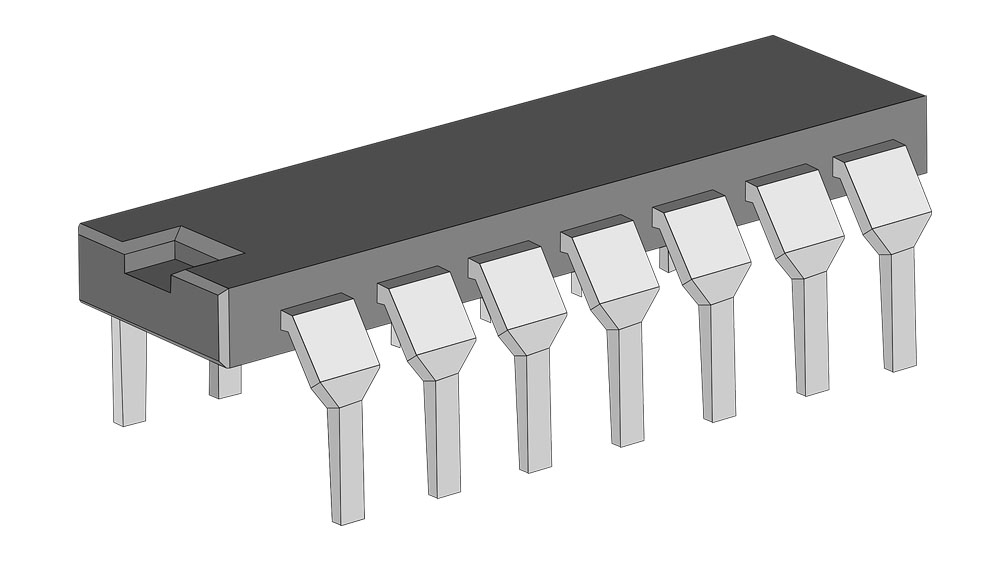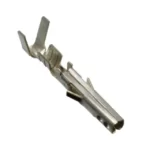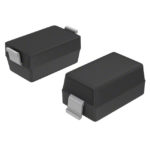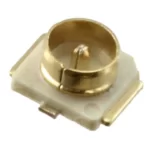IC Chip Supplier: How To Find The Best One For Your Needs

The top five IC chip suppliers are Samsung, SK hynix, Micron, Intel, and TSMC. These five companies control about 70% of the global IC market. When it comes to IC chips, there are really only five major players in the game. For any manufacturer, the quality and reliability of their supplier network is an important consideration. Finding the right components for your product is essential to ensuring its success in the market. The manufacturing industry has seen tremendous growth over recent years, with demand from emerging markets driving a new wave of innovation and production around the world. As this sector continues to expand and new opportunities arise, businesses have been able to increase their flexibility while reducing their costs at the same time. With so many manufacturers catering to niche markets, it can be tricky knowing where to find a reliable chip supplier that meets your needs. Read on for our tips on how you can find the best IC chip supplier for your needs.
The top five IC chip suppliers
Technically, the top five IC chip suppliers are those that have the most market share. These are companies that have a significant amount of production, and therefore control a large portion of the global market. When it comes to IC chips, there are really only five major players in the game. These top five IC suppliers are Samsung, SK hynix, Micron, Intel, and TSMC. These five companies control about 70% of the global IC market. For any manufacturer, the quality and reliability of their supplier network is an important consideration. Finding the right components for your product is essential to ensuring its success in the market. The manufacturing industry has seen tremendous growth over recent years, with demand from emerging markets driving a new wave of innovation and production around the world. As this sector continues to expand and new opportunities arise, businesses have been able to increase their flexibility while reducing their costs at the same time.
TSMC IC Chip Supplier
Taiwan Semiconductor Manufacturing Company (TSMC) is the world’s largest dedicated independent semiconductor foundry. The company manufactures integrated circuits (ICs) and other semiconductor products. Founded in 1987, the company is based in the Hsinchu Science and Industrial Park in Hsinchu City, Taiwan. The company’s clients include integrated circuit designers, electronic manufacturers, and semiconductor equipment suppliers. With its large-scale manufacturing operations, TSMC has become the world’s largest manufacturer of integrated circuits (ICs) and a major manufacturer of wafers. The company has a long history of serving the electronics industry. It has become the largest IC foundry in the world because of its high-volume manufacturing capabilities, low cost structure, and advanced technology.
UMC
UMC (United Microelectronics Corporation) is a Taiwanese semiconductor manufacturer based in Taipei. The company manufactures semiconductor products, including discrete devices, such as transistors, diodes, and integrated circuits. It also manufactures other electronic components and devices, including resistors, capacitors, and inductors. The company’s products are used in computers, communications networks, consumer electronics, medical equipment, and automobiles. UMC’s customers include multinational corporations, fabless companies, and original equipment manufacturers (OEMs). UMC also manufactures products for IDMs (integrated device manufacturers). As of December 31, 2017, the company operated 11 manufacturing facilities, including six semiconductor fabs. The company’s shares are listed on the Taiwan Stock Exchange under the ticker symbol 2330. UMC has a long history of serving the electronics industry. It has become the world’s third-largest semiconductor foundry because its low cost structure and advanced technology.
GlobalFoundries
GlobalFoundries Inc. (GF) is a fabless semiconductor manufacturer headquartered in Silicon Valley, California. The company manufactures integrated circuits (ICs) and other semiconductor products. Founded in 2009, the company has offices in Germany, Japan, Singapore, China, Taiwan, and the United States. The company’s clients include integrated circuit designers, chip-equipment suppliers, and semiconductor manufacturers. GlobalFoundries has a strong presence in the semiconductor industry. The company has manufacturing facilities in Germany, Singapore, and New York. GF has a long history of serving the electronics industry. It has become the world’s second-largest semiconductor foundry because of its strong technology and low cost structure.
Know Who You’re Dealing With
When searching for an IC chip supplier, you need to know who you’re working with. You should understand who the company is, what they do, and how their operation works. In other words, you need to see the company behind the chip. You can go online to read the supplier’s website and see what information they have available. You can also search online for news and reviews on the company, and see what others have to say about them. You can use social media to see if any of your contacts have experience with the supplier. Just make sure to ask specific questions about their experience. If possible, you should visit one of the supplier’s factories to see how they operate. You can use this visit to ask any questions you have about the company and operation, and get a better idea of how you will be partnering with them.
Network and Ask Around
You can use your network to find an IC chip supplier that meets your needs. Ask your business contacts (or those in your field) if they know of any suppliers, and what their experience is with them. You can also use online forums or online groups to ask for recommendations. You can also use industry associations to find suppliers. For example, if you are working in the medical industry, you can use the Medical Electronics and Robotics Association (MERA). MERA is an association of medical and industrial companies in the electronics and robotics sector. The MERA website has a list of members who serve as potential suppliers. You can also use MERA events to meet potential suppliers and get to know them.
Check The Reputation
Before you sign a contract with an IC chip supplier, you should check their reputation online. You can use online review websites, such as Trustpilot or Sitejabber, to see what others have to say about the supplier. You can also search the supplier’s name on Google to see if the website returns any relevant results. You can also read the terms and conditions of the contract with the supplier. You should understand what your rights and obligations are, as well as those of the supplier. This can help you avoid any unexpected surprises and complications as you work with the supplier.
See The IC Chip Supplier
If you can visit the supplier’s factory, you can get a better sense of their operation. You can ask the workers questions and see how the factory works. You can also ask to see the company’s quality control procedures. This can help you better understand the supplier’s operation, and how the chips are made. Visiting a supplier’s factory is a great way to get a better sense of the company, and see if you are compatible as partners.
Ask For References and Samples
You can ask the IC chip supplier for references, both past and present. You can call or visit these references to get a better idea of the supplier’s operation, and if they are the right fit for your business. You can also ask the supplier for samples or prototypes of their chips. This can help you test the chips and see if they are working as they should.
Conclusion
The top five IC chip suppliers are Samsung, SK hynix, Micron, Intel, and TSMC. These five companies control about 70% of the global IC market. When it comes to IC chips, there are really only five major players in the game. For any manufacturer, the quality and reliability of their supplier network is an important consideration. Finding the right components for your product is essential to ensuring its success in the market. The manufacturing industry has seen tremendous growth over recent years, with demand from emerging markets driving a new wave of innovation and production around the world. As this sector continues to expand and new opportunities arise, businesses have been able to increase their flexibility while reducing their costs at the same time.


